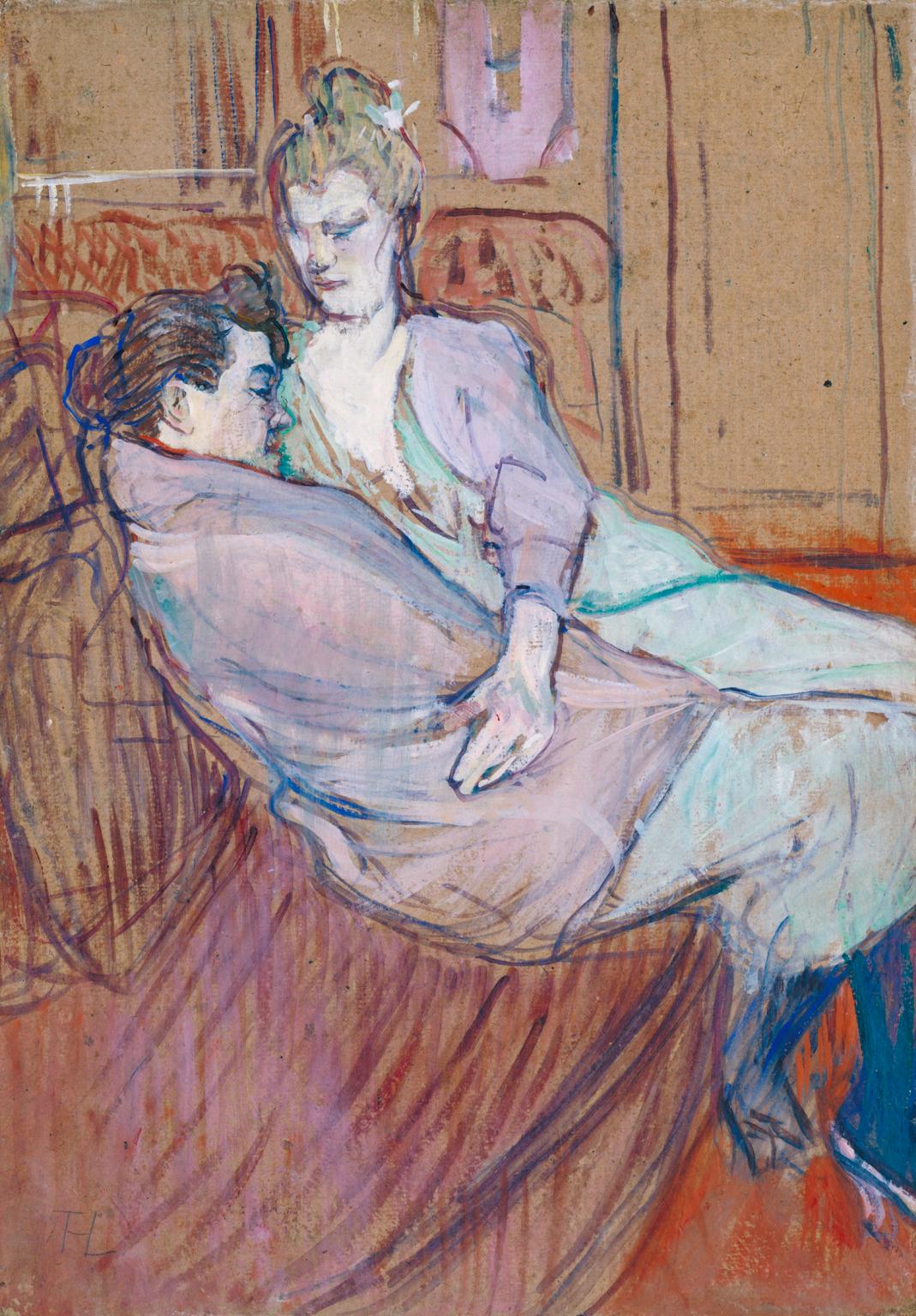
The word compassion comes from the Latin compassio, a cast from the ancient Greek συμπάθεια [sumpatheia], composed of σύν [sun] and παθητικός [pathetikos]. Σύν is a preposition that is translatable almost perfectly with the nuances of “with,” while παθητικός is one who acts or subjects to suffering.
The condition of συμπάθεια is conformity of feeling, feeling in the same way as the other person. The Latin cast (i.e., the literal translation of a word, its components, or an expression) expresses exactly the same concept as the Greek, namely, that of a commonality, a correspondence of feelings.
Modern compassion is defined as a “feeling of pity toward those who are unhappy, toward their sorrows, their misfortunes, their faults; participation in the sufferings of others.” However, such a definition does not make it very different from empathy or pity, but in the economy of a language it is very rare for different words to express exactly the same concept.
Pity presupposes a difference in condition between the two parties involved: one of them feels in a “better” or “privileged” condition than the one pitied.
Empathy has nothing paternalistic about it and expresses an understanding of the other’s state of mind. Obviously this understanding can be more or less shared, but does not necessarily lead to action.
Finally, compassion is distinct from the previous ones precisely because it is a deep awareness of the suffering of the other combined with a desire to alleviate it. The latter often turns into action.
The man, the patient and the disease are three different concepts. Compassion towards the man – and not pity towards the patient – is a feeling that can positively nurture the process of care, allowing one to understand the suffering and individuality of the other and to communicate with him in the best way.
The most recent studies in psycholinguistics have now made it irrefutable how much language influences our way of thinking and perceiving the world. Knowing how to construct the right narrative that is clear, effective and empathetic is therefore a skill that a compassionate caregiver must cultivate. Indeed, it is the word of compassion that can initiate the process of care and collaborate to establish the relationship of trust between doctor and patient.
In conclusion, it could be said that pity can be a dead end while compassion is always an open window to hope.
Please leave us a word for your feeling of compassion.

Thank you for taking the time to write this Enrica.